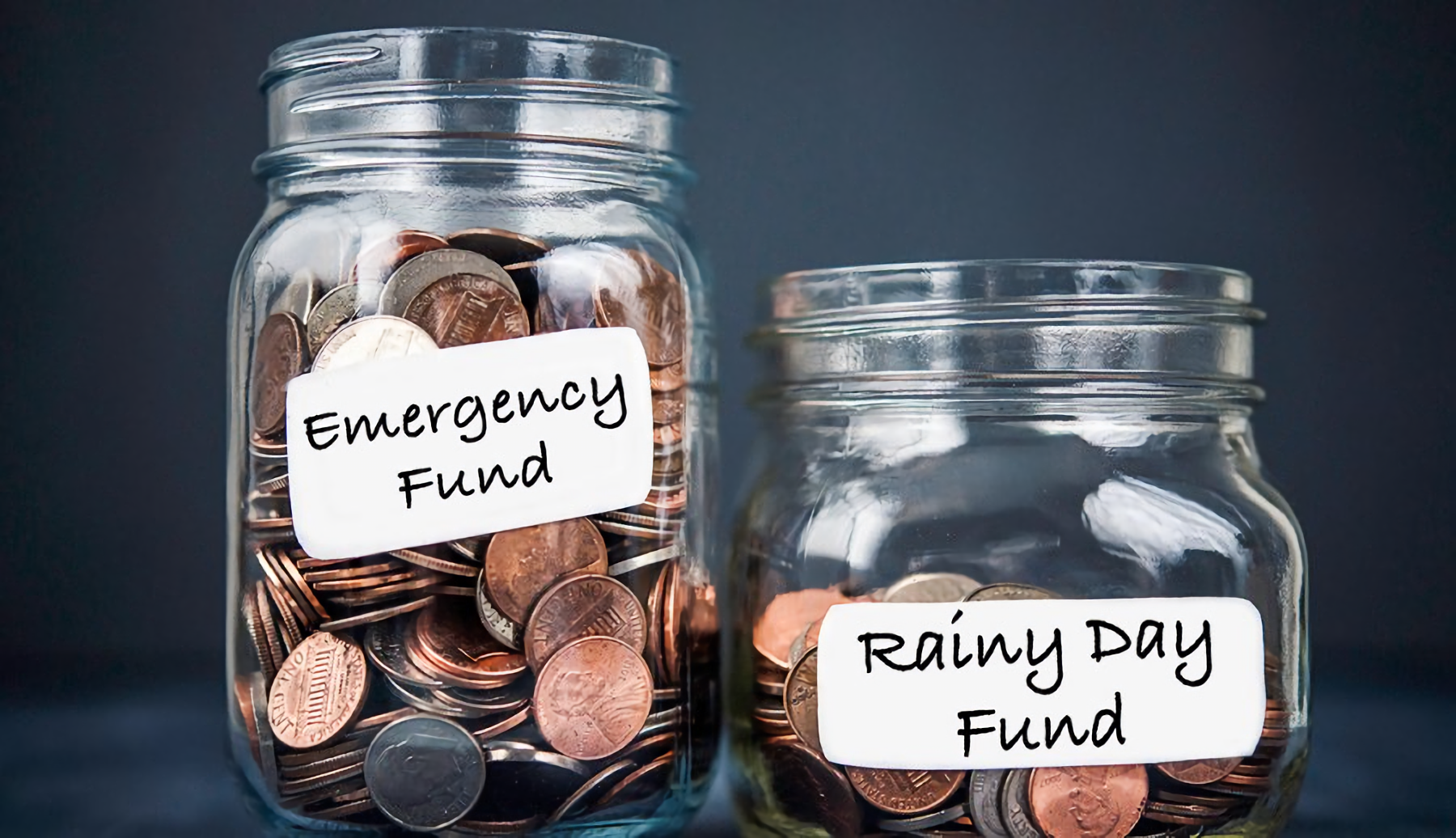Rainy Day Funds (and Why You Need One)
Rainy day funds are the foundation of any good wealth-building lifestyle and protect you against life's expected unexpected curveballs.

Life happens and even the best-laid plans can be wrecked by black swan events.
If nothing else, 2020 has proved that even if we know something is coming, we're often terribly unprepared for when it does actually happen.
If there's just one thing I advocate people do as a critical financial step, it's to have a rainy day fund. Whether you're fresh out of college working your first job or are just looking to get better control of your finances, everyone needs one.
Otherwise known as emergency savings, these are funds that you can use for unexpected events. I say unexpected, but we know that there's always a chance for unplanned events to happen:
- Going to the hospital after getting sick
- Being in a car accident and having to pay for an ambulance
- Car breaking down and needing repairs
- Family emergency and flying home
Just because we know it'll happen at some point, doesn't mean we'll be financially ready for it, which is why it's so important for us to be intentional about preparing for it.
The TDLR is that these funds should be:
- fairly liquid
- able to cover at least 2-3 months of expenses
- stored in an FDIC insured, high-yield savings account
1. Liquid means that the cash should be easily accessible when you need them.
These funds should not be stored in stocks, crypto, and the like. A major rule of investing is to only invest what you can afford to lose. By definition, rainy day funds are money you will need.
Being forced to liquidate or sell your stocks when you need cash is a great way to destroy wealth. Oftentimes, when the market is down and the economy is not doing well, is exactly when we need cash!
On the flip side, they should not be locked into products that are safer but difficult to withdraw from like CDs and bonds.
2. As a general rule, emergency budgets should cover at least 2-3 months of expenses. This includes everything like rent, insurance, outstanding debt, groceries, and other needs.
Let's say your rent is $1,000 a month, regular expenses (groceries, eating out, streaming, utilities) are $800 a month, and student loans are $300 a month, which totals $2,100 a month. Ideally, you would build up to at least $6,300 in emergency savings.
This is a flexible guideline, but the more financial obligations you have like credit card debt, student loans, and dependents, the deeper your emergency savings should be.
The reverse is also true, where if you have minimal financial obligations, then as little as a month worth of rainy day funds may be enough.
Remember the point of this is to protect your lifestyle and livelihood in the case that you may be let go, fired, or unable to work due to something like an accident.
It all comes down to comfort level and risk management. If having a larger emergency fund will put you at ease, then feel free to go as far as a year's worth of savings.
If you don't know what your budget is, now is a great time to figure that out. At a bare minimum, it's incredibly helpful to know what comes in and what goes out.
3. Just because emergency savings have to be available immediately doesn't mean that you can't still put your money to work.
Non-cash assets like stocks and lock-up required options like CDs are not great for building these funds, but a great alternative is a high-yield savings account.
These are bank accounts that generally operate fully online to reduce their overhead costs and as a result, can offer more attractive interest rates than traditional banks with physical locations.
This can be particularly valuable in today's low-interest environment, where the average savings account interest rate is 0.06%, which is negligible. However, many high-yield accounts can net around 0.5% in 2021, which isn't life-changing, but definitely noticeable with how large emergency accounts can get in order to cover at least 2-3 months of expenses.
Make sure these accounts are FDIC-insured which protects up to $250,000 per bank account if the bank somehow fails.
Rainy day funds are the foundation on which wealth is built.
Not only do they afford you peace of mind and hopefully let you sleep better at night knowing you are more financially secure, but they are critical in preventing the liquidation of wealth-generating assets like stocks, crypto, and homeownership.
When these funds are used, they should also be replenished! If possible, autosaving is always recommended, but otherwise quarterly check-ins to determine if a top-up is needed will work.
